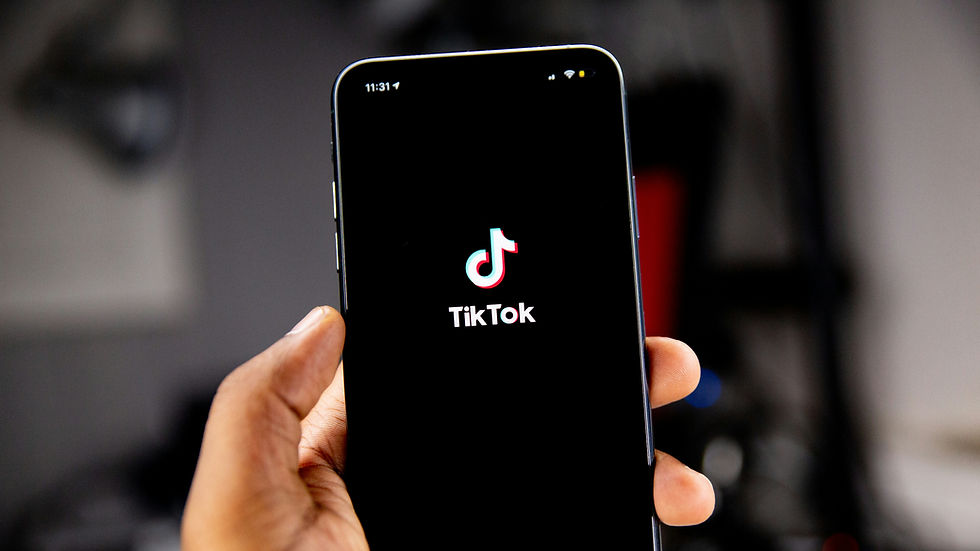China Enforces New Online Professional Advice Rules
- tech360.tv

- Nov 14, 2025
- 2 min read
The Cyberspace Administration of China (CAC), the national internet regulator and censor, has rolled out new rules requiring individuals offering professional advice online to prove their credentials. Those who do not meet these requirements risk losing their platform access across China’s major social networks, which serve more than a billion active users.

This step aims to reassert trust and authority in an online space previously dominated by self-proclaimed experts and misinformation. It reflects China's broader effort to tighten control over digital influence.
The regulations require any content maker producing material on medicine, law, finance, education, or other specialised areas to hold legitimate degrees or official qualifications. This policy directly addresses the democratisation of expertise and the spread of misinformation online.

Chinese platforms, including Weibo, Douyin, and WeChat, have featured numerous self-styled experts giving advice. This includes recommendations on cancer treatments and investment strategies.
Verified badges, functioning as digital licences, must now appear on the profiles of anyone claiming expertise in a regulated field. This system mirrors professional licensing standards found in the physical world, adapted for the digital environment.
Critics have labelled this new policy as censorship, raising concerns about government overreach in controlling online speech. The potential for harm is real when uncredentialed individuals recommend unproven supplements or advise on retirement strategies.
Traditional professions have established credentialing systems over decades due to the importance of expertise. Unlicensed individuals are not permitted to practise medicine or law because the stakes are high.
The Chinese approach aims to bridge old-world professional standards with new-world digital platforms by professionalising the influencer model.
Kai-Fu Lee, author of AI Superpowers: China, Silicon Valley, and the New World Order (2018), foresaw artificial intelligence (AI) as a significant game-changer. He anticipated a power struggle between China and the U.S. to influence AI and projected China's emergence as a major player in the field.
Misinformation presents a global problem with consequences for public health, financial stability, and democratic institutions.
Western democracies face a crisis of credulity, encountering issues like vaccine hesitancy and investment scams promoted by social media figures. They have utilised platform self-regulation, fact-checking initiatives, and content moderation, but nothing as systematic as China's new rules.
Deepfakes of credentialed professionals pose an additional challenge, as AI-generated faces can blink naturally and speak with cloned voices. These fakes can appear in video calls or voicemails.
Implementing a similar credentialing model elsewhere would face enormous challenges. China's top-down regulatory structure facilitates implementation in ways difficult for democracies with robust speech protections.
The effectiveness of China's policy in policing these requirements has been questioned. Algorithmic amplification often rewards engagement over accuracy, which can elevate compelling nonsense over factual information.
This policy marks a turning point by bringing professional codes of practice to the influencer economy on a large scale. Policymakers globally will likely study the outcome as they address the tension between free expression and public safety in digital spaces.
China's internet regulator, the Cyberspace Administration of China (CAC), implemented new rules for online professional advice.
Influencers must prove credentials for advice in fields like medicine, law, finance, and education, or risk losing platform access.
Verified digital badges will signify expertise on professional profiles.
Source: FORBES


